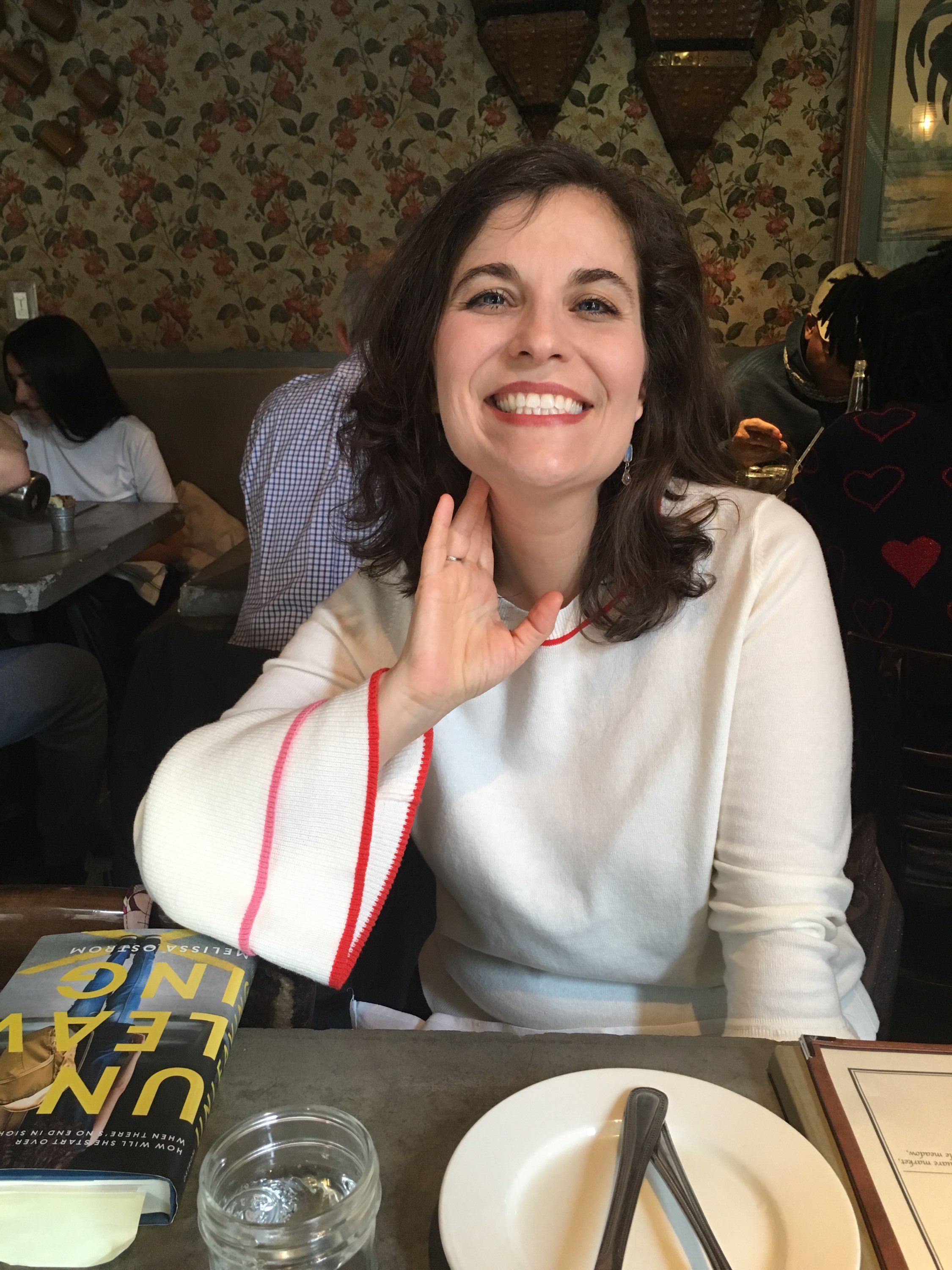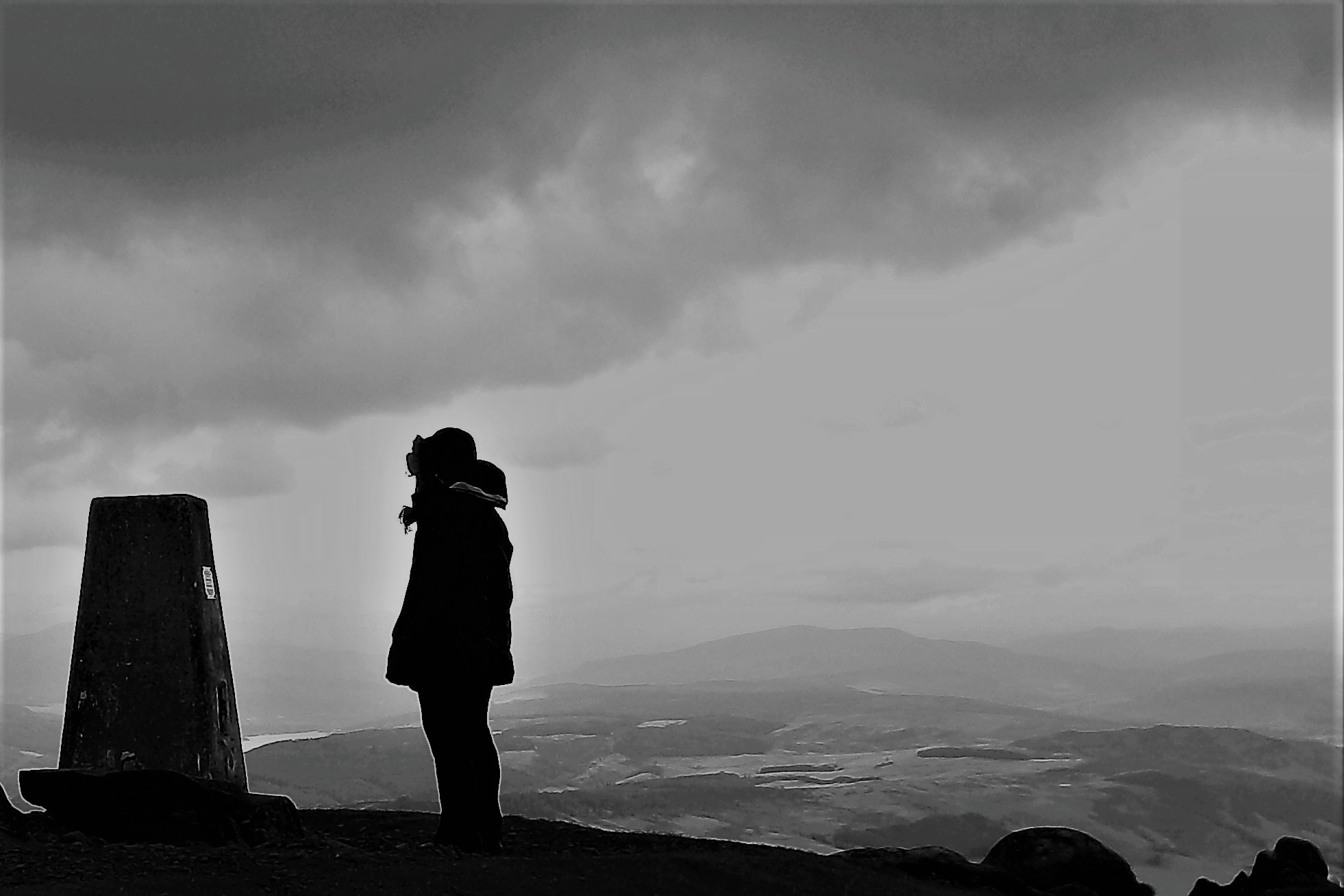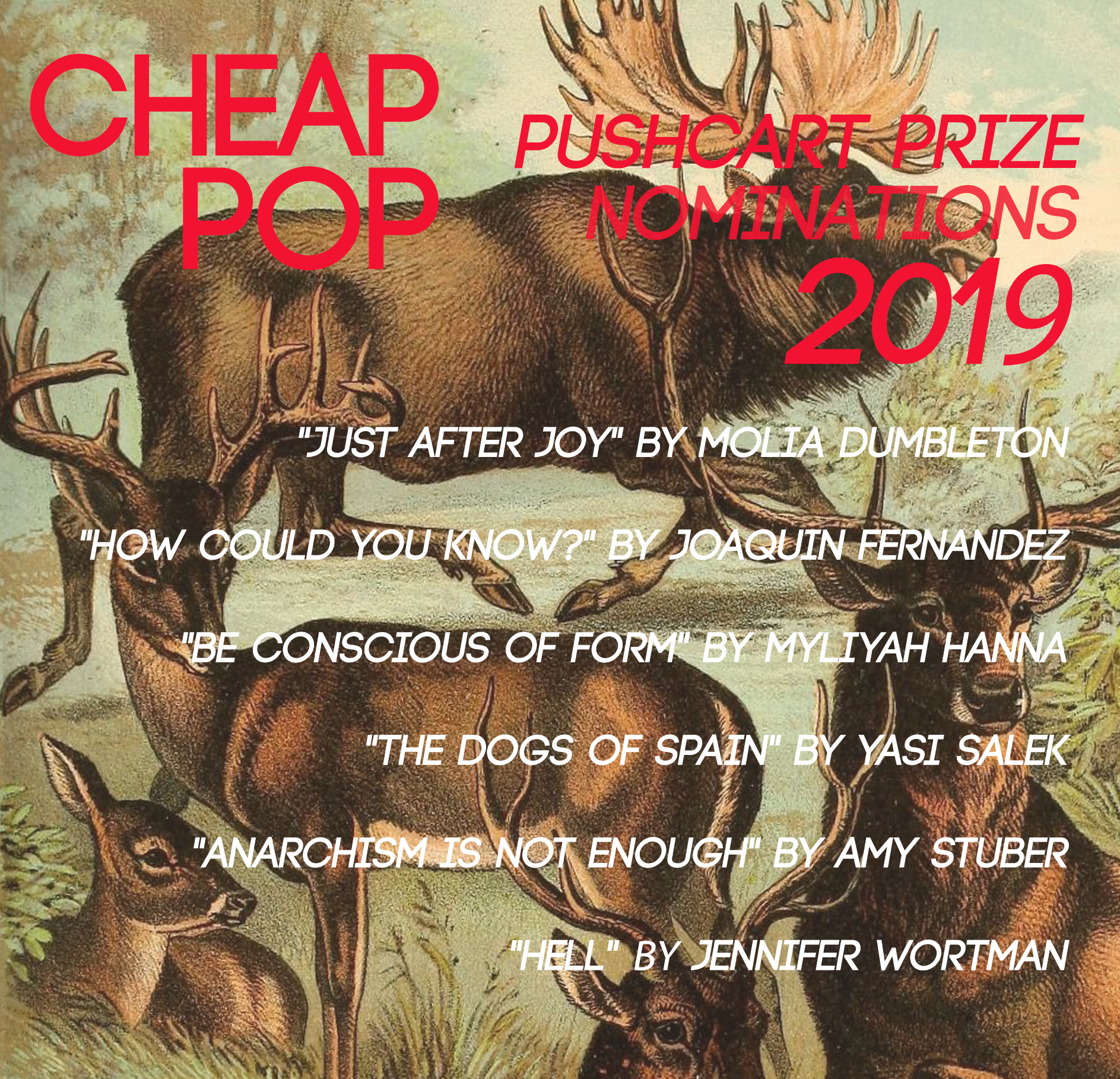A LESSON IN LOVE, TRANSLATED FROM THE GERMAN — SIONNAIN BUCKLEY
/Daddy came home from work with a special wrapped package. Me and Millie and Meg were jumping all over the place just to see, and it was better than we could’ve dreamed because he opened it up and it was two baby bunnies, little ones so small we could scoop them one in each hand.
“Can we name them can we name them?” we shouted at him, nuzzling our noses into the bunnies’ ears. Mama came into the doorway when she heard our screaming, wiping her hands on a dishrag and looking at Daddy.
“They have names already,” he told us. “The black one is Hass and the white one is Feff.”
We took up these names straight away, while Mama pulled Daddy into the kitchen and whipped him in the back with the dishrag. “Hassy!” we cooed. “Feffy!” We passed the fluffy creatures between our six small hands.
They were instantly our new favorite things, two extra twitchy-nosed sisters all of a sudden. We carried them in our pockets until they couldn’t fit anymore, we cuddled them on our shoulders, watched as they grew as big as little pillows, and softer. We loved them and loved them, learned gentleness from their small paws, and trust from the rise and fall of their sleeping chests against ours.
And one night, when Daddy told us we were having a special Sunday dinner, he called it a word that sounded almost like our two best friends, and it smelled so good, and we ate it with relish, licked our bowls clean, licked our thirty fingers till they sparkled, and learned then about sacrifice, and about loving someone so much you want to put them inside you.
Sionnain Buckley is a writer and visual artist based in Boston. Her work has appeared or is slated to appear in Winter Tangerine, Wigleaf, Jellyfish Review, Strange Horizons, and others. Her flash fiction has been nominated for Best of the Net and Best Small Fictions, and she is a 2019 Rhinebeck Resident with The Seventh Wave. She also serves as a prose editor for 3Elements Review.













